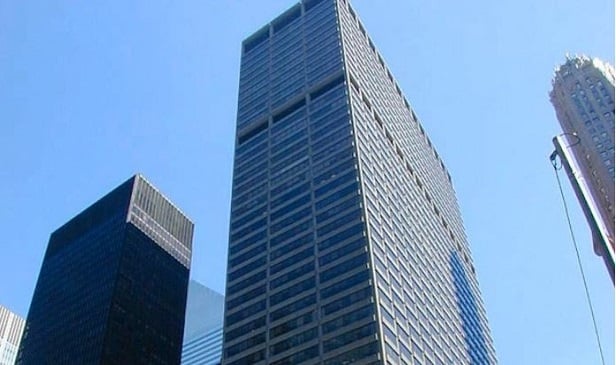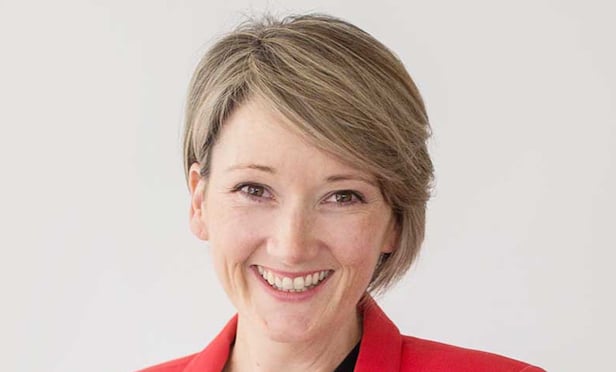More visible security measures is just one of the ways to ensure guest safety, says Prof. Rohan Gunaratna, head of the International Centre for Political Violence and Terrorism Research. "International hotels frequented by Westerners in conflict zones, or countries adjacent to conflict zones, are becoming second embassies," he tells GlobeSt.com. Failure to understand the threat and creatively harden international hotels could lead to loss of life, property and business, he says.
Take for example the Marriott Islamabad, which was destroyed when a truck bomb exploded and killed more than 50 people on Sept. 20. In a report about the attack, Gunaratna said this hotel was the world's most protected, having withstood at least two other terrorist attacks since 2004. However, even with more than 60 security officers protecting the 290-room hotel, the attack was still mostly successful.
Despite these losses, there is a spirit in the hospitality industry to fight back. A Marriott spokesman says tells GlobeSt.com that his firm is still proceeding with strong pipeline growth in markets such as the Middle East and Asia, including India. In the Middle East alone, the company expects to expand its current portfolio of properties from 26 to 65 by 2011. "The Middle East is not only a rapidly expanding center of commerce, but also a thriving tourist destination," said J. W. Marriott Jr., chairman and CEO of Marriott International, in a statement in April.
Patrick Ford, president of Portsmouth, N.H.-based Lodging Econometrics, agrees regardless of the terrorist attacks, most large firms won't back down from large-scale development plans overseas. According to his data, there are a record 527 projects totaling nearly 156,000 rooms currently in the pipeline throughout the Middle East. "Global hotel development will not stop as a result of terrorism," Ford tells GlobeSt.com. "They may adjust and modify their planning--everyone is going to stop and think—but it won't likely be a go or no-go decision."
He says developers are more likely to make a change based on how the economies are affected around the project area, or whether fewer tourists would look to come to the area. "You can't completely stop the terrorists. You have to look at it as what you would do if that problem comes up," Ford says.
For example, he points to how some hotels, including the Marriott Islamabad, have made a 100-foot barrier rule from their front entrances. This barrier at the Marriott likely saved hundreds of lives when the truck, laden with bombs, couldn't get up to the front entrance. Also, how staff are trained, and how technology such as sensors and cameras are used, will be discussed in more detail during planning stages, Ford says.
Richard Jacobson, an international corporate attorney with Tampa-based law firm Fowler White Boggs, tells GlobeSt.com that he agrees that companies used to overseas development won't back down from terrorists. "If it's a firm that this is their first foray overseas, then it may give them pause, but companies that are already in place are accustomed to this sort of risk," he says. Jacobson, who attended high school near Kabul Afghanistan, says that large and small companies overseas know how to make sure their guests are safe. "Even if it's just sending someone to pick up someone new at the airport, it's making sure the security is there."
In his Marriott report, Prof. Gunaratna said that hotels in conflict areas should operate on the principal that a terrorist attack is inevitable. "No longer can a hotel be protected only by securing its perimeter," he said. "To manage their security, hotels must build liaison with law enforcement authorities to protect, intelligence agencies to prevent and emergency services to manage the crisis after an event. There should be training specific to meet the challenges of safety and security incidents."
Regardless, Ford says he thinks the hotel staff at the Taj Mahal and Oberoi in November, and at the Marriott in September, did an outstanding job in protecting guests. "Kudos to the hotel industry, which has its plans in place and knows how to operate in situations like this. They may not be able to prevent it, but when it happened they swung into action and did an admirable job," he says.
© Touchpoint Markets, All Rights Reserved. Request academic re-use from www.copyright.com. All other uses, submit a request to [email protected]. For more inforrmation visit Asset & Logo Licensing.






